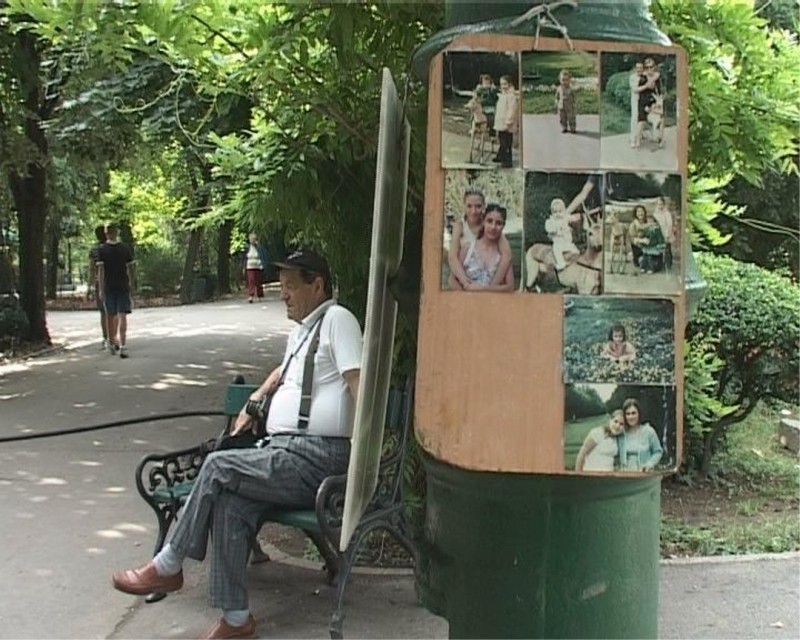This is a call for papers for a panel we are organising at the Anthropology and Geography: Dialogues Past, Present and Future conference hosted by the Royal Anthropological Institute (RAI), and jointly organised with the British Academy, British Museum, Royal Geographical Society (with IBG), and SOAS University of London, 4-7 June 2020.
We are pleased to invite papers for the panel: ‘EMBODYING LIMINALITY IN TRANSITIONAL SPACES’ (Code B01), which is part of the ‘Borders and Places’ stream.
Convenors: Les Roberts (University of Liverpool) and Hazel Andrews (Liverpool John Moores University)
Please provide a 250 word abstract proposal by 8th January 2020. All proposals must be made via the online form that can be found here: https://nomadit.co.uk/conference/rai2020#8286
Papers should be around 15-20 minutes in length.
Further details about the conference can be found at: https://www.therai.org.uk/conferences/anthropology-and-geography
Please see below for panel details:
PANEL B01: EMBODYING LIMINALITY IN TRANSITIONAL SPACES
Short abstract:
The aim of this panel is to explore new and emerging scholarship that seeks to draw together work that addresses the transformational potential of liminal spaces and the experiential, affective and embodied affordances that shape deeper understandings of the spatial phenomenology of liminality.
Long abstract:
The aim of this panel is to explore new and emerging scholarship that, while steered by foundational anthropological insights into liminality and liminal phenomena (Van Gennep 1960; Turner 1967; Shields 1991; Thomassen 2009, 2014), has sought to push these ideas into more rigorous dialogue with those that speak to questions of space and place. In this respect, building on recent work on liminal landscapes and spatial anthropology (Andrews and Roberts 2012, 2015; Roberts 2018), the panel invites contributors whose research engages with, and is informed by, the sociocultural practices and geographies that shape the experiential dynamics of liminal spaces. The psychosocial underpinnings that have remained a cornerstone of anthropological approaches to liminality (especially the work of Victor Turner) have found productive points of connection with strands of psychoanalytic theory and practice (Schwartz-Salant and Stein 1991), especially that developed by Donald Winnicott in his work on transitional objects and spaces, and the creative and performative possibilities of culture as ‘play’ (Winnicott 1971; Kuhn 2013). This, in turn, recalls Huizinga’s (1980 [1938]) writings on Homo Ludens which speak to the liberatory and creative potential that underwrites what he refers to as the ‘play element of culture’. Guided by these and related cross-currents of ideas on liminality as passage through ‘transitional spaces’, the panel seeks to draw together work that addresses the transformational potential of liminal spaces and the experiential, affective and embodied affordances that shape deeper understandings of the spatial phenomenology of liminality.


